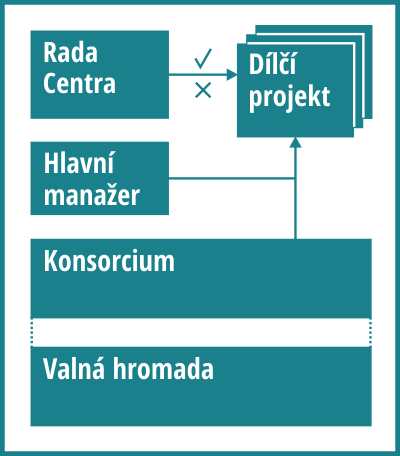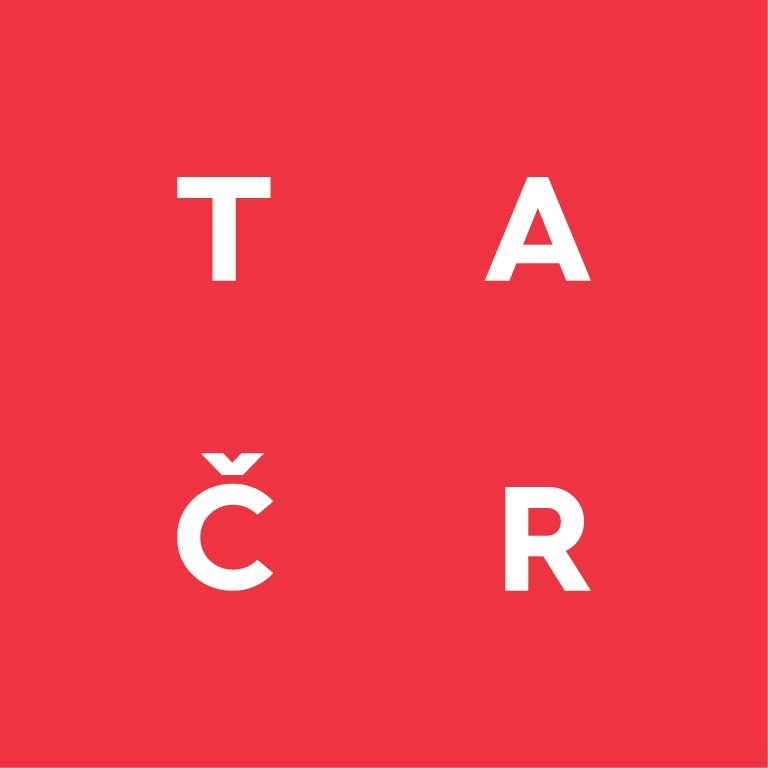This website uses cookies so that we can provide you with the best user experience possible. Cookie information is stored in your browser and performs functions such as recognising you when you return to our website and helping our team to understand which sections of the website you find most interesting and useful.
Vyhledávání
Centre’s mission
The main objective of the National Centre of Competence for MATCA (Materials, Advanced Technologies, Coatings and their Applications) is to address technology challenges faced by today’s society, making use of the latest findings and resources from the academic sphere. For this purpose, the NCC for MATCA has formed an association of eleven academic and eight commercial entities, undertaking a joint initiative supported by the Technology Agency of the Czech Republic (TA ČR) as part of the National Centres of Competence programme.

The Centre focuses on developing three strategic areas: additive, plasma and laser technologies. This includes developing any related topics such as materials research, numerical calculations or digitalization.
Apart from the technology and knowledge transfers, the NCC for MATCA also contributes to providing trainings, rising awareness, organising expert conferences and other activities.
Organizational structure and functioning

We solve technology problems and develop innovations within sub-projects which respond to industrial demand made inside and outside the Centre. Decisions on whether or not a topic will be covered by a sub-project, are taken by a nine-member Council; the Council is also in charge of making the big decisions concerning the Centre’s future direction.
The implementer of a sub-project can only be a participating member of the NCC for MATCA, but the outputs of the consortium can also be used by end-users outside the Centre. The implementation of the projects is funded by Technology Agency of the Czech Republic.
The responsibility for the operation of the Centre lies with the General Manager who also acts as a communication point between individual consortium members, and between them and any external institutions. The other responsibilities of the General Manager include the coordination of project topics and the meeting of the Centre’s objectives.
Each member of the consortium has one representative entitled to attend General Meeting (GM) of the consortium. Along with its supervisory function, the General Meeting has the purpose of linking the participating institutions by showcasing their skills and presenting the issues they may be tackling to the other members.
Does an entity outside the consortium have access to individual capacities of the Centre?
Yes, even entities outside the consortium may benefit from the Centre’s know-how, using one of the options below:
- Make use of MATCA’s services.
- Use outputs from existing sub-projects.
- Draw up an assignment to be handled within a dedicated sub-project – please contact us.

 The NCK for MATCA is supported by the
The NCK for MATCA is supported by the